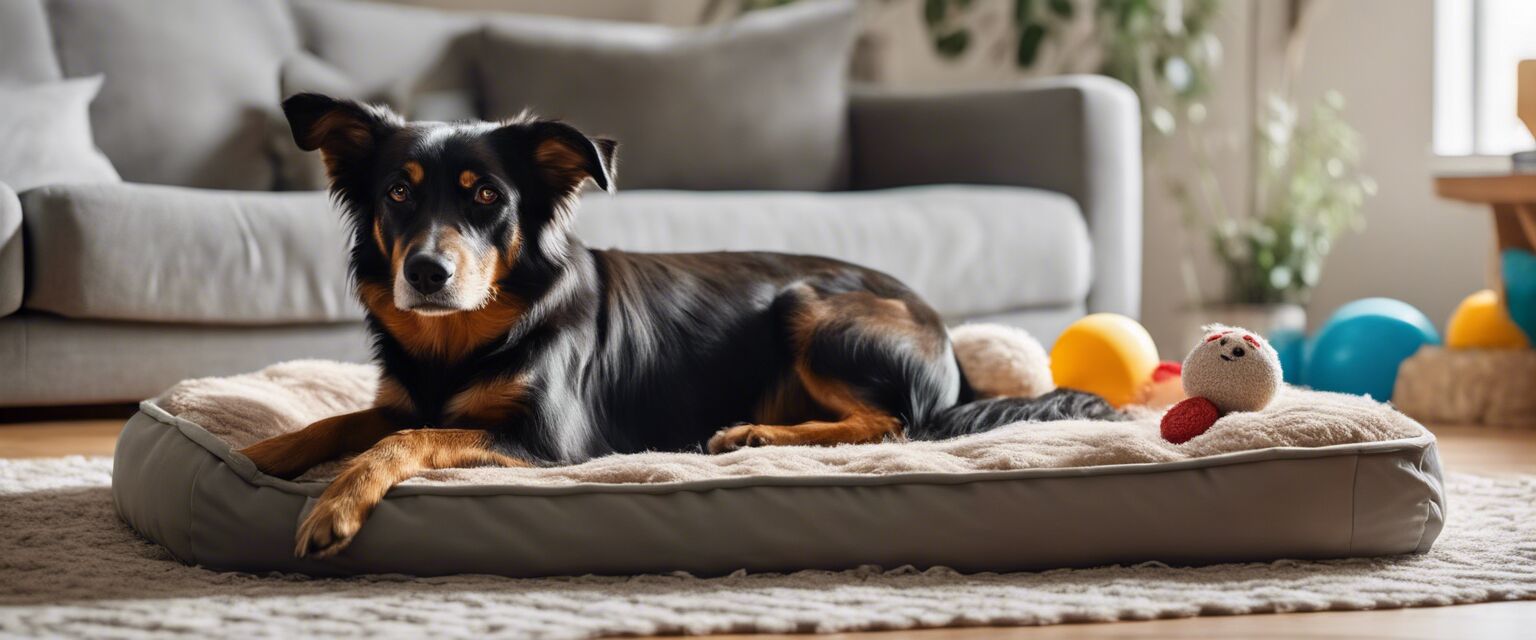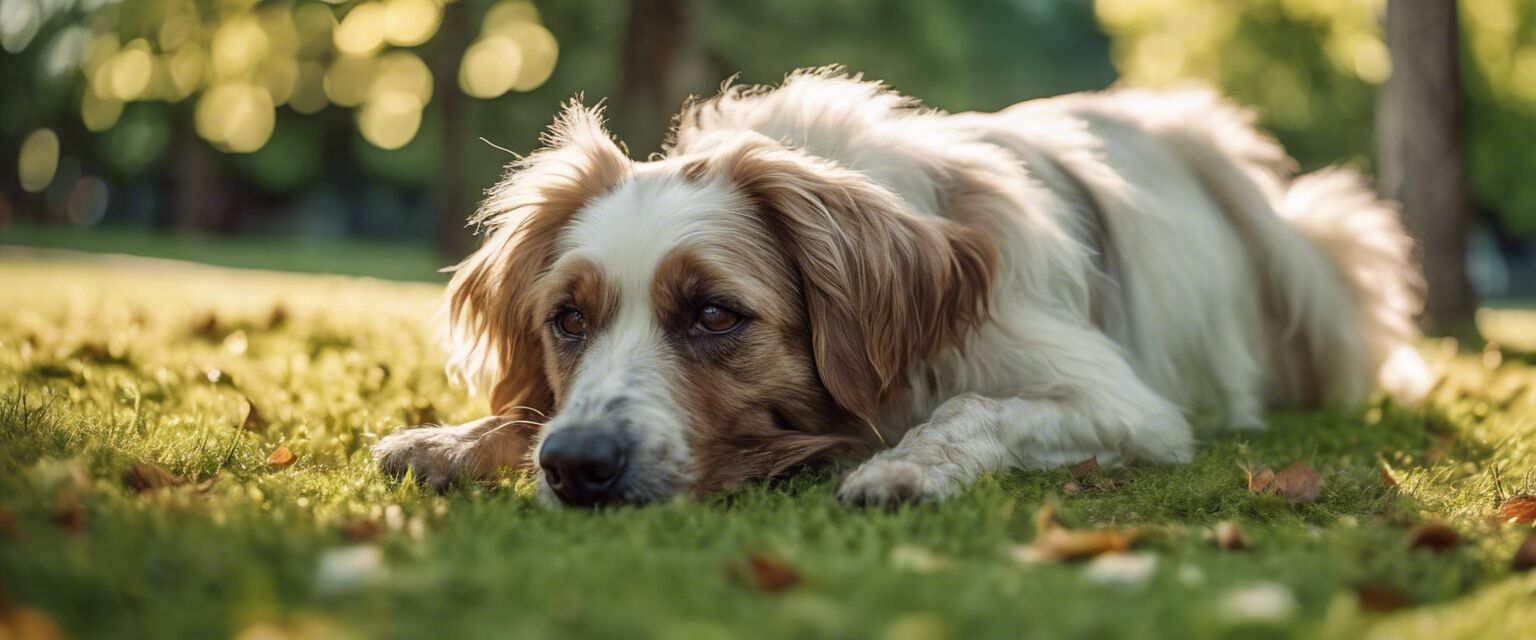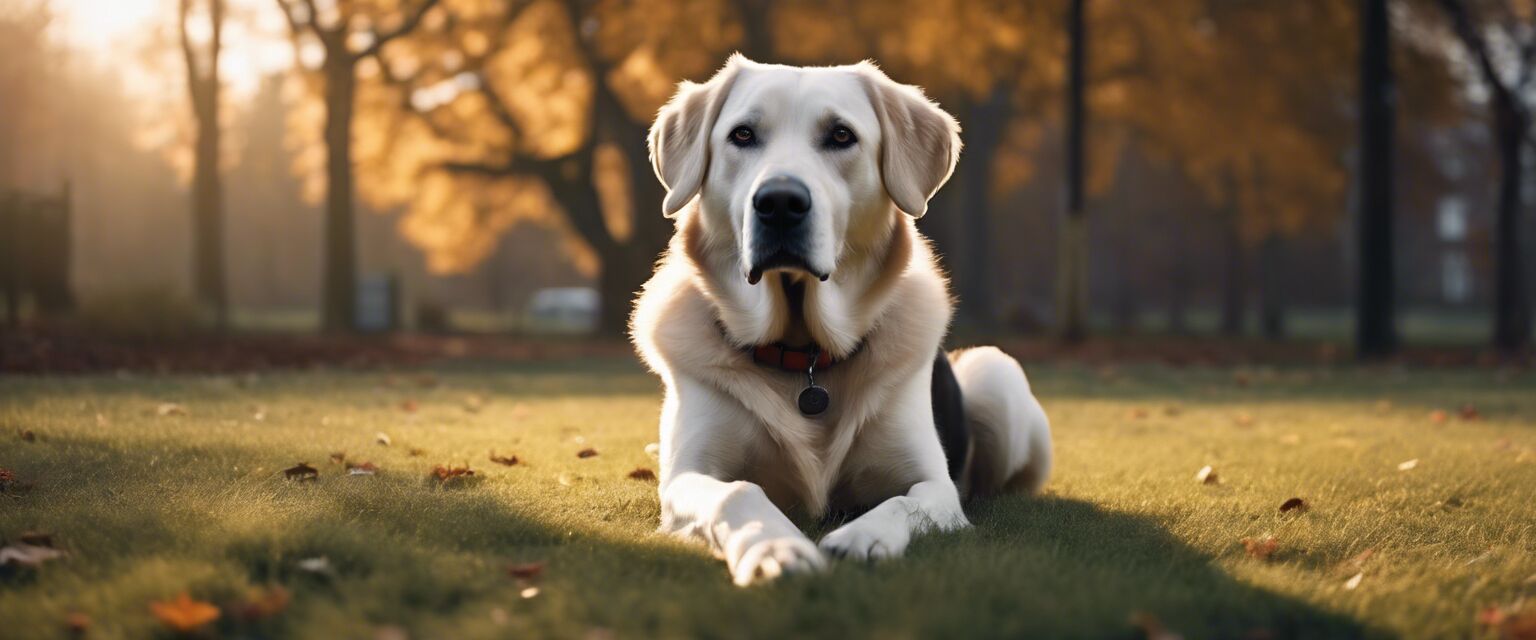
Senior Pet Care
Key Takeaways
- Senior pets require specialized care to ensure their comfort and health.
- Regular veterinary check-ups are essential for early detection of health issues.
- Nutrition plays a critical role in maintaining the health of senior pets.
- Exercise and mental stimulation are vital for overall well-being.
- Understanding the signs of aging can help in providing better care.
As pets age, their needs change significantly. Senior pets require specialized care to ensure their comfort and health throughout their golden years. This pillar page will provide you with valuable information on how to care for your senior pet, from nutrition to medical care, as well as product recommendations tailored for older animals. Whether you have a dog, cat, or another type of pet, understanding their unique requirements is key to their happiness and well-being.
Understanding the Aging Process
Pets age differently than humans, and understanding the aging process is crucial for their care. Here are some common signs of aging in pets:
| Age Group | Common Signs |
|---|---|
| 7-10 years | Decreased energy, weight gain, changes in coat quality. |
| 11-14 years | Increased stiffness, difficulty jumping, changes in behavior. |
| 15+ years | Significant mobility issues, loss of vision/hearing, increased need for sleep. |
Nutrition for Senior Pets
Proper nutrition is essential for senior pets. They often have different dietary needs compared to younger pets. Here are some important nutritional considerations:
- Lower calorie intake to prevent obesity.
- Increased fiber to aid digestion.
- Higher protein levels to maintain muscle mass.
- Joint supplements to support mobility.
Recommended Foods
When selecting food for your senior pet, look for options labeled specifically for senior pets. These foods are formulated to meet their unique needs. For more information, check out our Pet Food category.
Regular Veterinary Check-Ups
Regular veterinary care becomes increasingly important as pets age. Hereâs what you should expect during a senior pet check-up:
- Comprehensive physical examination.
- Blood tests to check for underlying health issues.
- Dental check-up to assess oral health.
- Vaccination updates based on lifestyle and health.
Exercise and Mental Stimulation
Even though senior pets may not be as active as they once were, they still need regular exercise to maintain their health. Here are some gentle exercise ideas:
- Short, leisurely walks.
- Interactive play with toys.
- Gentle stretching exercises.
Mental Stimulation Activities
Keeping your senior pet's mind sharp is just as important as physical exercise. Consider the following activities:
- Puzzle toys to stimulate problem-solving skills.
- Training sessions to reinforce commands.
- New scents during walks to engage their senses.

Comfort and Care Products
Providing comfort to your senior pet is essential. Here are some recommended products to consider:
| Product Type | Benefits |
|---|---|
| Orthopedic pet beds | Provide support for joints and enhance comfort. |
| Pet ramps | Help pets access high places without straining their joints. |
| Non-slip mats | Prevent slips and falls on slippery surfaces. |
To explore more products, visit our Pet Beds category for the best options.
Common Health Issues in Senior Pets
Senior pets are prone to various health issues. Being aware of these can help in early detection and treatment:
- Arthritis and joint pain.
- Dental disease.
- Kidney disease.
- Obesity.
- Heart disease.
Recognizing Symptoms
It's important to recognize symptoms early. If you notice any of the following, consult your veterinarian:
- Changes in appetite or weight.
- Increased thirst.
- Changes in behavior or energy levels.
- Difficulties with mobility.

Tips for Caring for Senior Pets
Beginnerâs Tips for Senior Pet Care
- Schedule regular vet visits.
- Monitor your pet's weight closely.
- Switch to senior-specific pet food.
- Provide plenty of mental and physical stimulation.
- Ensure easy access to food, water, and resting areas.
Conclusion
Taking care of a senior pet comes with its challenges, but it is also a rewarding experience. By understanding their needs and providing them with the right care, you can ensure they live their golden years comfortably and happily. Explore our product categories, including Pet Healthcare and Pet Apparel, for more resources to support your senior pet's needs.
Pros
- Provides specialized care to enhance the life quality of senior pets.
- Increases awareness of common health issues and their signs.
- Encourages regular veterinary check-ups for early detection.
- Offers product recommendations for senior pet comfort.
Cons
- May require a financial investment for specialized products.
- Needs commitment for regular vet visits and care.
- Can be emotionally challenging to see pets age.








